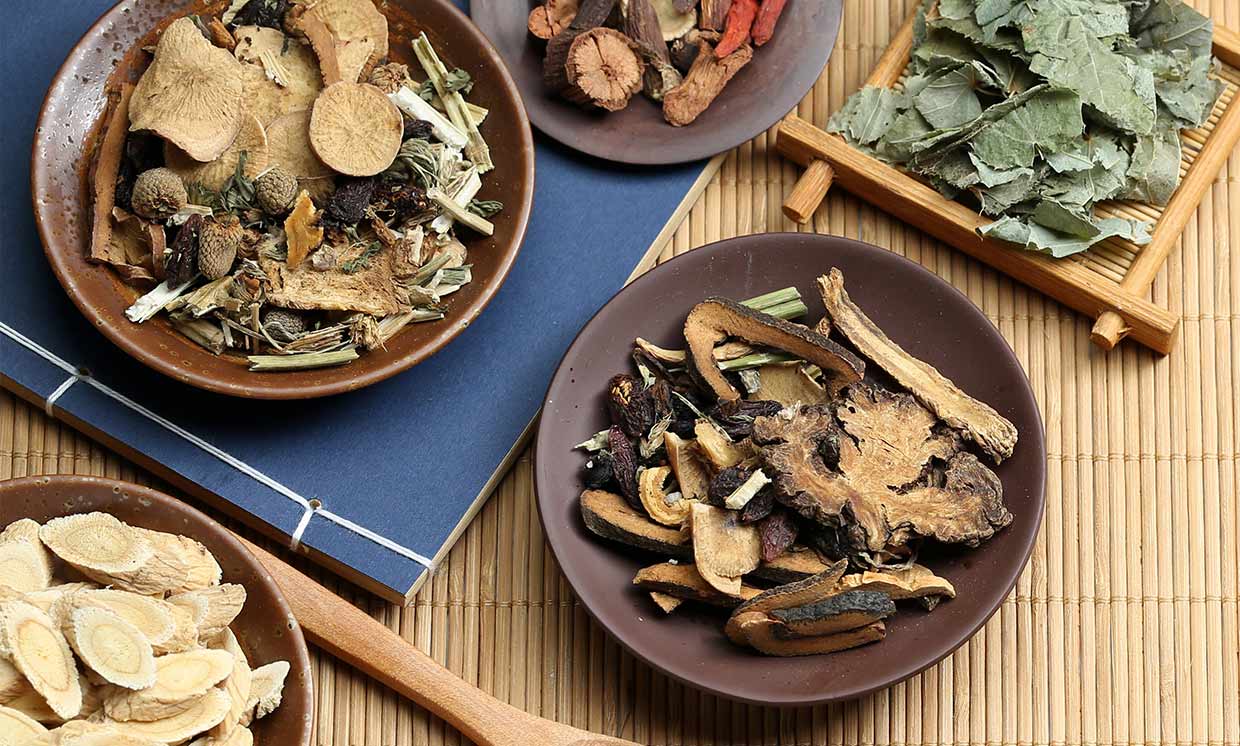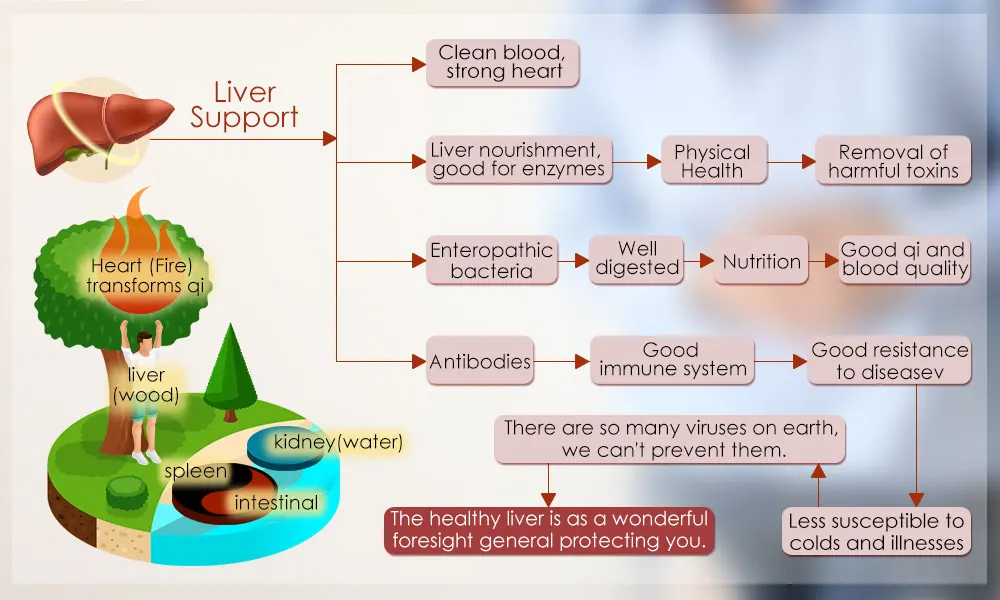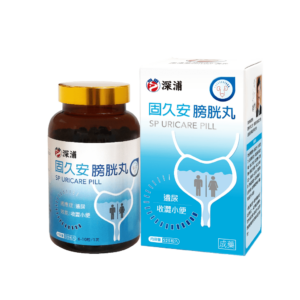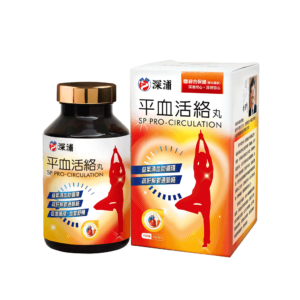
The top medical treats the disease before it happens. Colorful life to raise a good liver
In the Yellow Emperor’s Classic of Internal Medicine, it is said that “the top medical treats the disease before it happens”, which expresses the profound

The five internal organs (heart, liver, spleen, lungs and kidneys) belong to Yin, which is the main storage place of essence. In Chinese medicine, the heart is responsible for one’s spiritual consciousness and blood circulation, and is also called the “sovereign’s official”. The normal state of the heart can be observed from the pulse, the color of the face and the tongue. In addition to the close relationship between the human body’s internal organs and the tissues on the surface of the body, Chinese medicine also mentions the holistic concept of (heaven-human correspondence), which means The five organs are closely related to the shifts of the seasons, with the heart corresponding to the summer climate.

Take summer as an example, if the energy of summer is suppressed, it will affect your mood and you will be easily agitated.
Blood is metabolized in the body through circulation, and is responsible for the exchange of substances throughout the body, while the heart is the driving force of blood circulation and metabolism.
From the above, we can learn that the “heart” in Chinese medicine includes the “heart” organ itself, as well as the state of the brain, consciousness…etc., and blood circulation.
The heart belongs to fire on the five elements. The Hung Fan Chapter of the Zhou Shu says: “All phenomena that are hot and burning on the fire are fire”. The heart opens to the tongue, which means that the functional activity of the heart is reflected in the state of the tongue above.
The seven emotions in Chinese medicine refer to the internal emotional reactions of a person, which are divided into joy, anger, sorrow, thought, grief, fear and fear. The heart is responsible for the spiritual consciousness of a person, so if the seven emotions are overdone, the heart will be injured, and the heart is the master of the internal organs, so the heart will also be injured. It can cause injury to other internal organs.
The gall bladder, stomach, large intestine, small intestine, bladder and triple jiao are collectively called the six internal organs, in which the function of the small intestine is to receive food digested by the stomach and the spleen, and to deliver nutrients to the body. The solid residues are absorbed into the body, and the liquid waste is excreted from the large intestine and the urinary bladder. According to Chinese medicine, the small intestine and the heart are mutually related to each other. If a patient is suffering from high heart fire and has red urine, he can use the method of urination to remove the heart and urine. Heat from the small intestine is expelled from the urine.



In the Yellow Emperor’s Classic of Internal Medicine, it is said that “the top medical treats the disease before it happens”, which expresses the profound

https://youtu.be/X2c57IvhPnA “The liver, responsible for regulation and detoxification, not only stores blood and regulates blood volume but is also related to emotions. Dr. Sheng-Pu Lee,

Ice drinks will lower the temperature in the stomach, lowering the amount of heat in the body. Ice drinks will lower the temperature in the